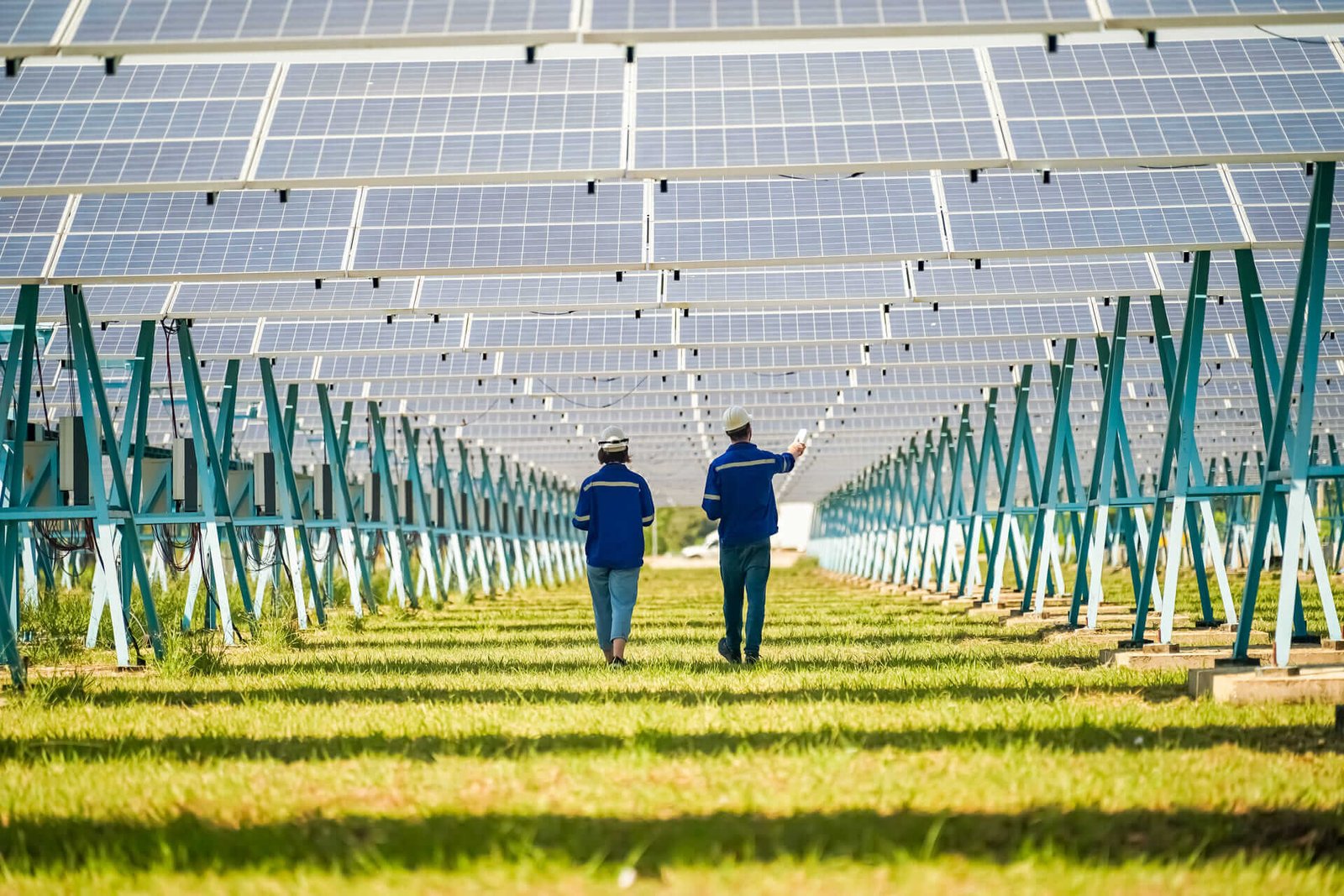
HAVE A QUESTION?
Send Us a Message
Neil Art Aces
Kenton Fortu
FAQ's
Frequently Asked Questions
1. How do solar panels work?
Solar panels convert sunlight into electricity using photovoltaic (PV) cells. These cells generate direct current (DC) electricity, which is then converted to alternating current (AC) by an inverter for home or business use.
Will solar panels work during cloudy days or at night?
Solar panels can still generate electricity on cloudy days, but at reduced efficiency. At night, solar panels do not produce power, which is why grid-tied systems rely on the utility grid or batteries for nighttime energy needs.
How much can I save on my electricity bill?
Savings depend on your system size, location, and electricity usage. Many homeowners report savings of 50–100% on their monthly electric bills, especially with net metering.
What is net metering?
Net metering is a billing system where you earn credits for the excess solar energy you send back to the grid. These credits can offset your electricity use during non-solar hours, reducing your total bill.
How long do solar panels last?
Solar panels typically last 25 to 30 years or more. While efficiency may decrease slightly over time, most systems continue to operate effectively for decades with minimal maintenance.
Is solar energy a good investment?
Yes. Solar energy reduces electricity costs, increases property value, and offers environmental benefits. With incentives like tax credits and net metering, the return on investment can be significant over the system’s lifetime.
Lighting the Path to a Sustainable Future
Embrace the clean energy revolution with our expertise in solar power. Together, let’s build a sustainable future—one panel at a time.